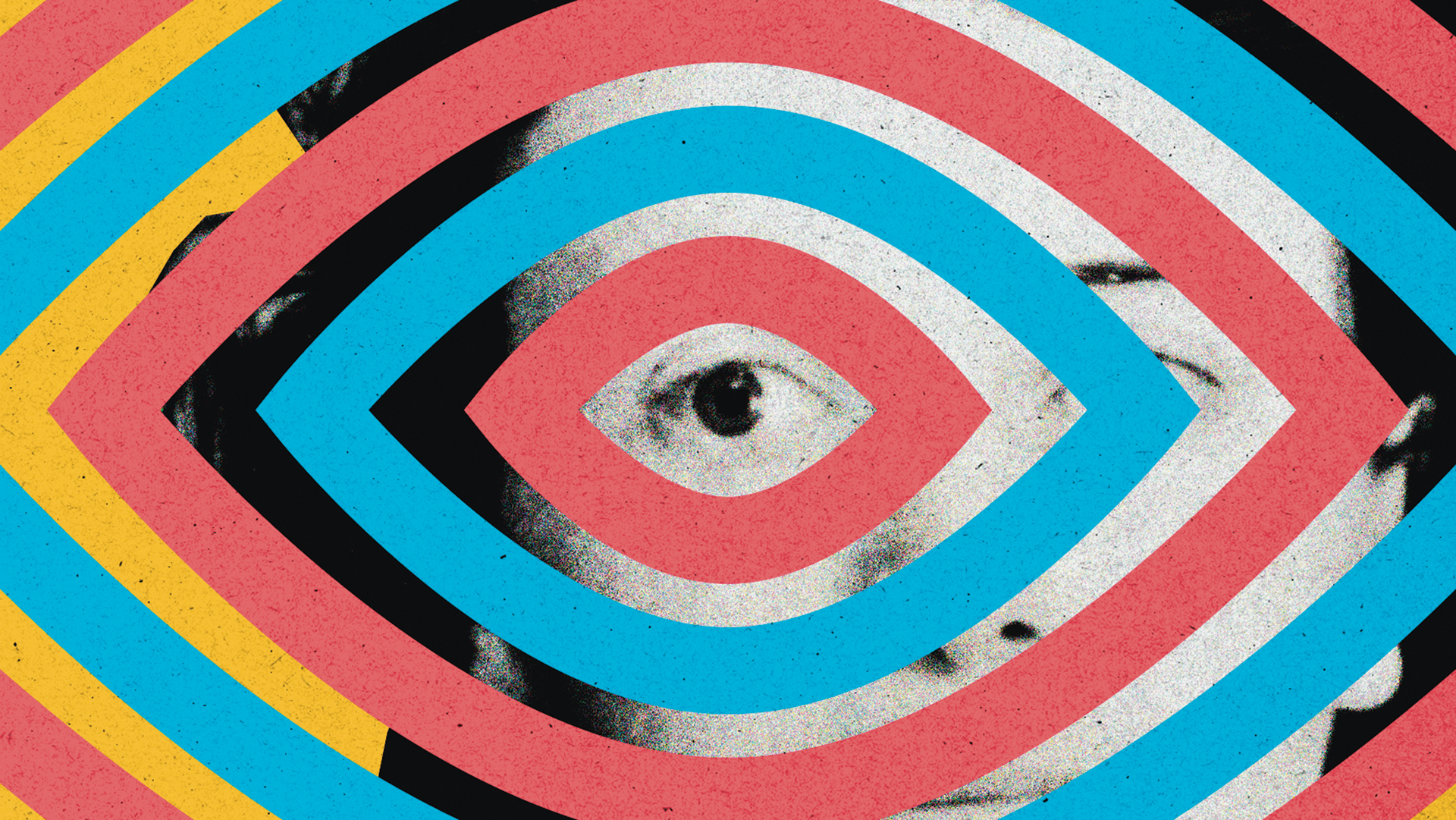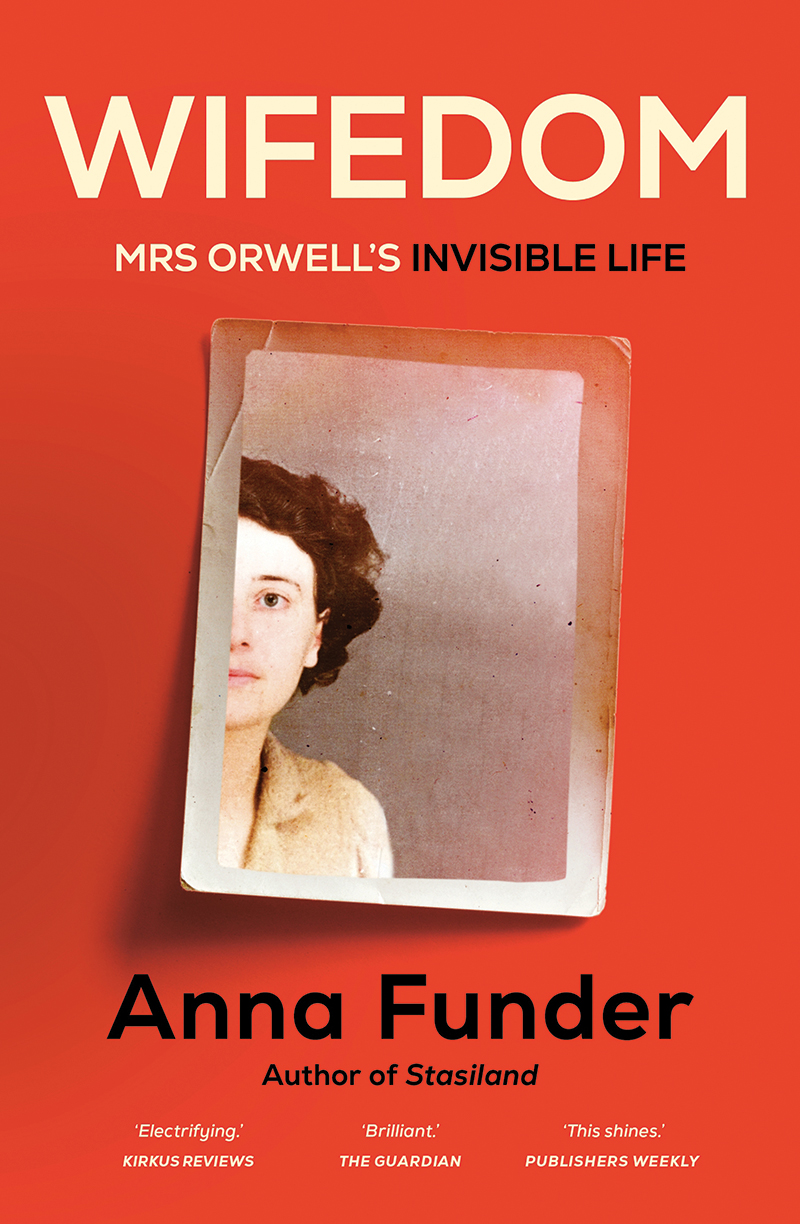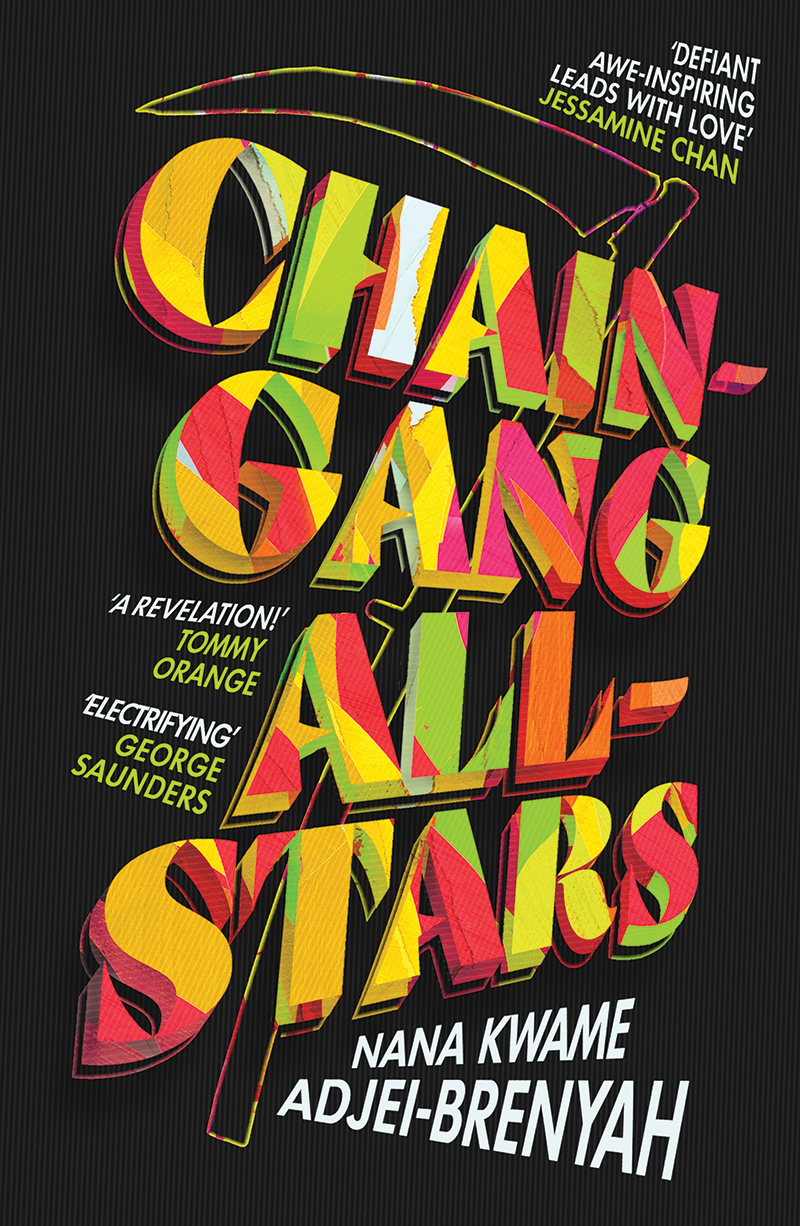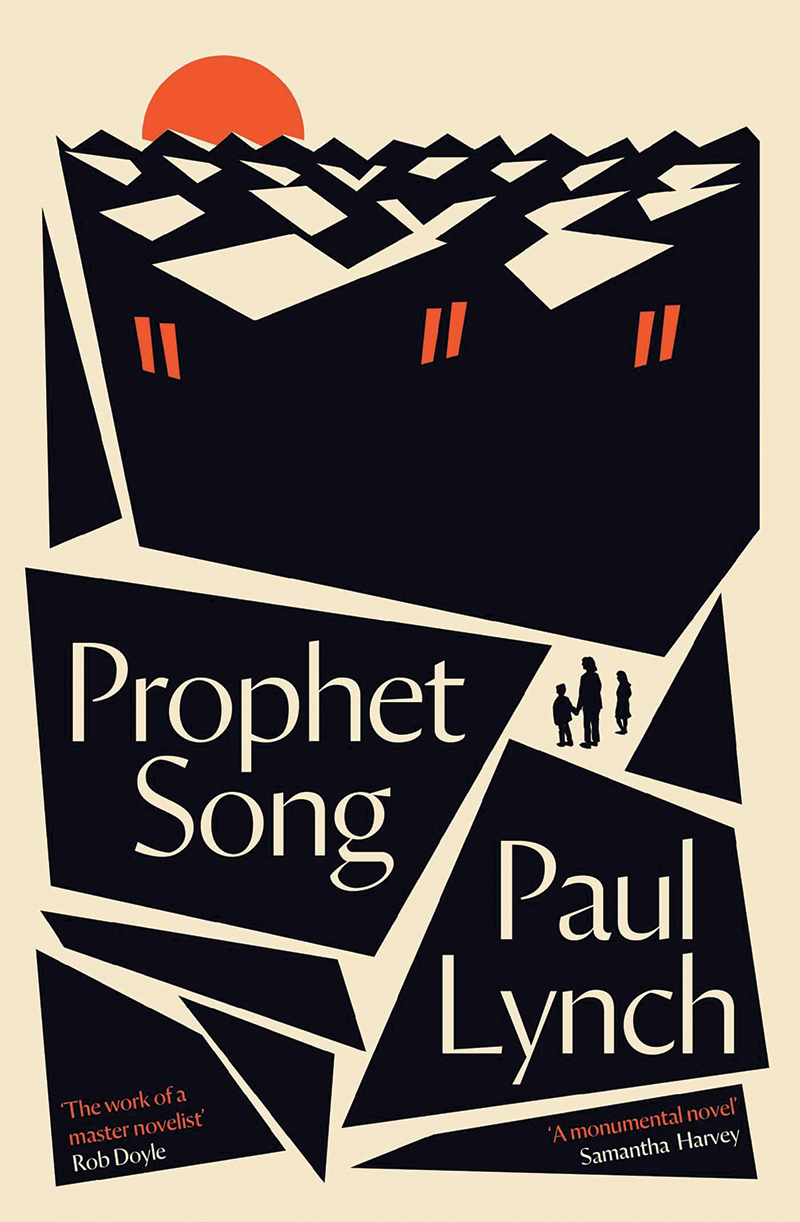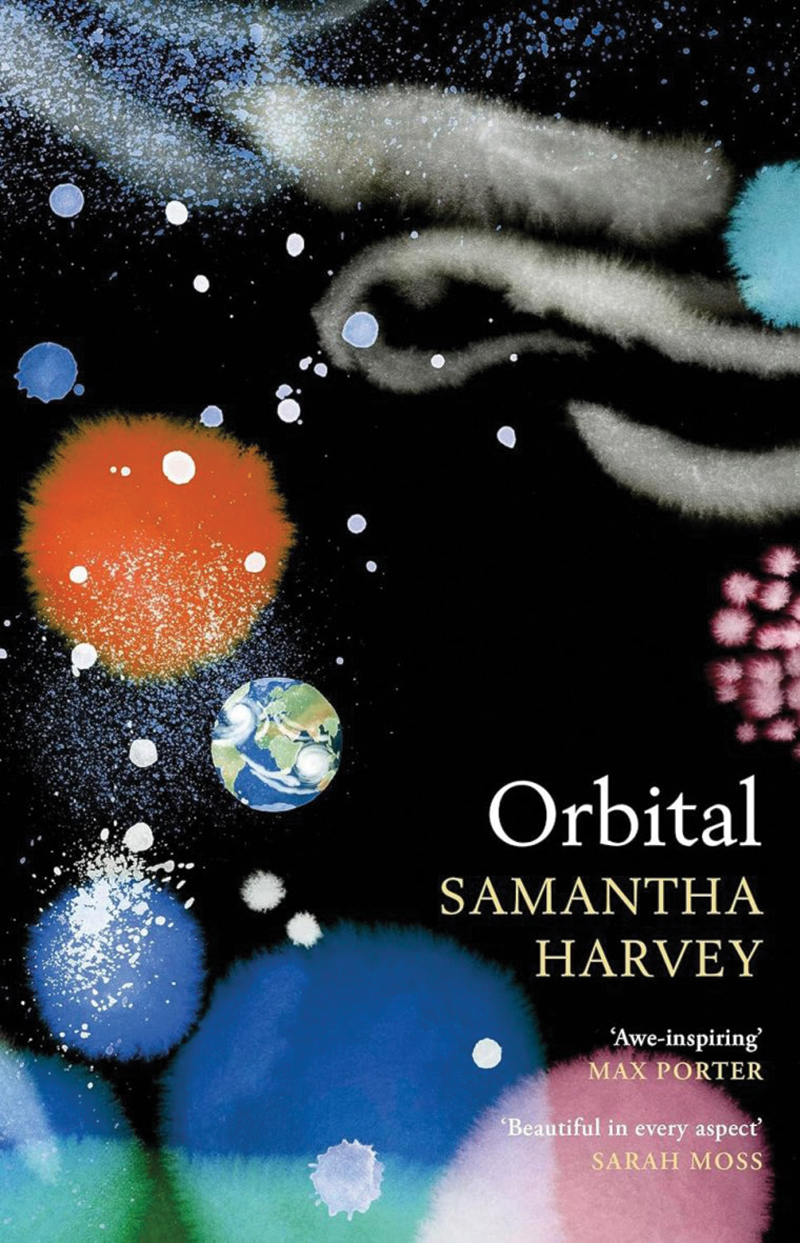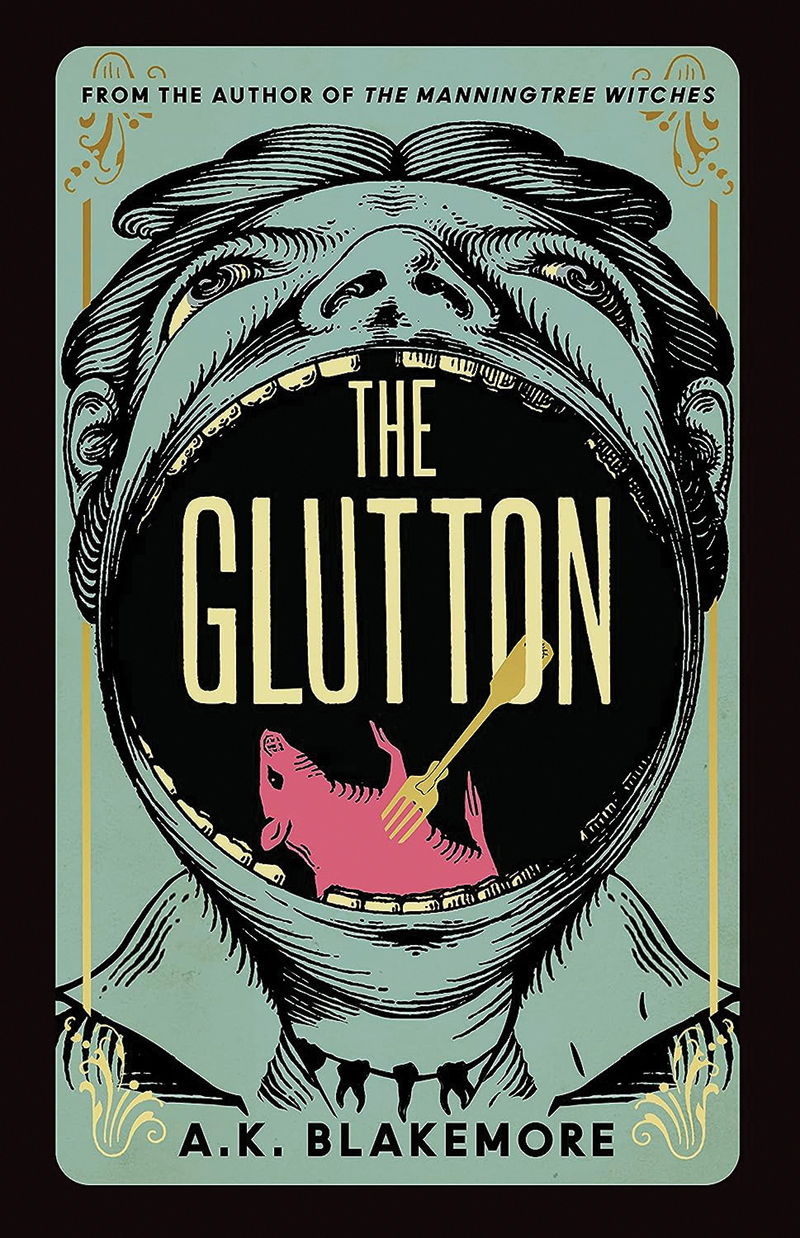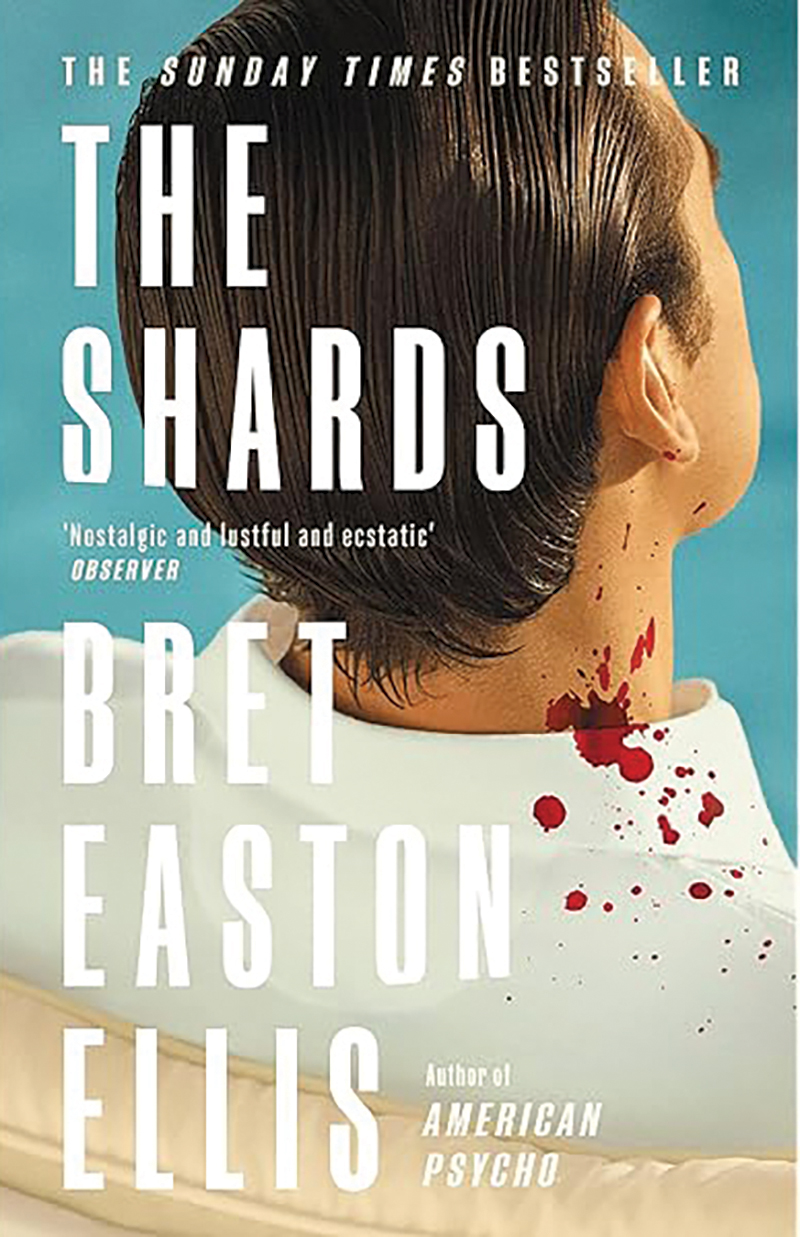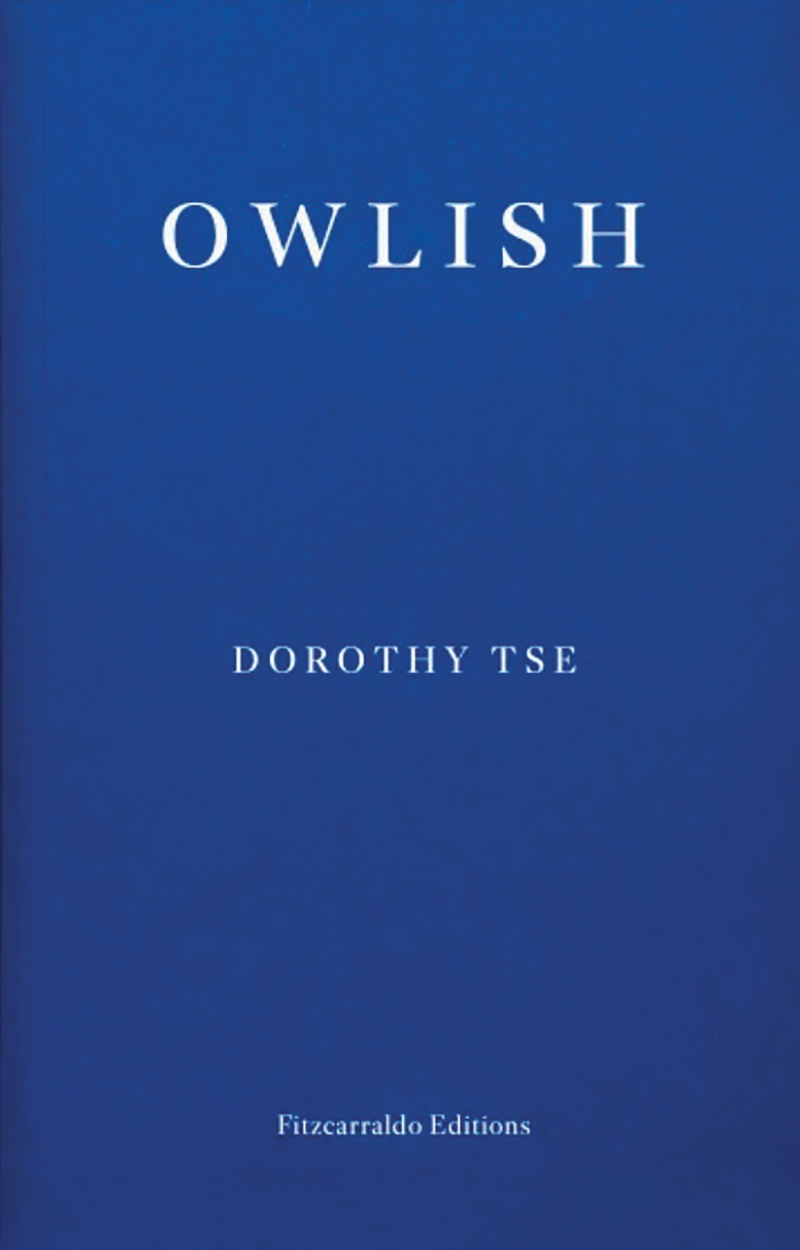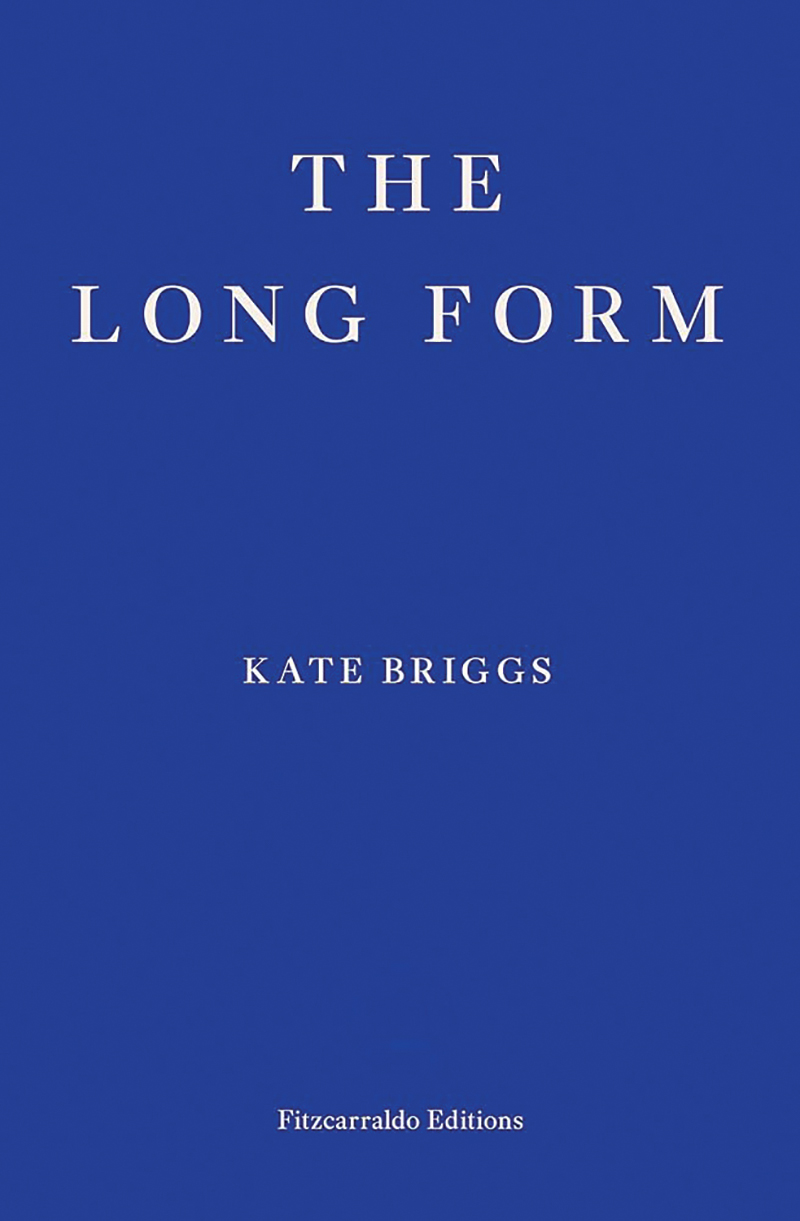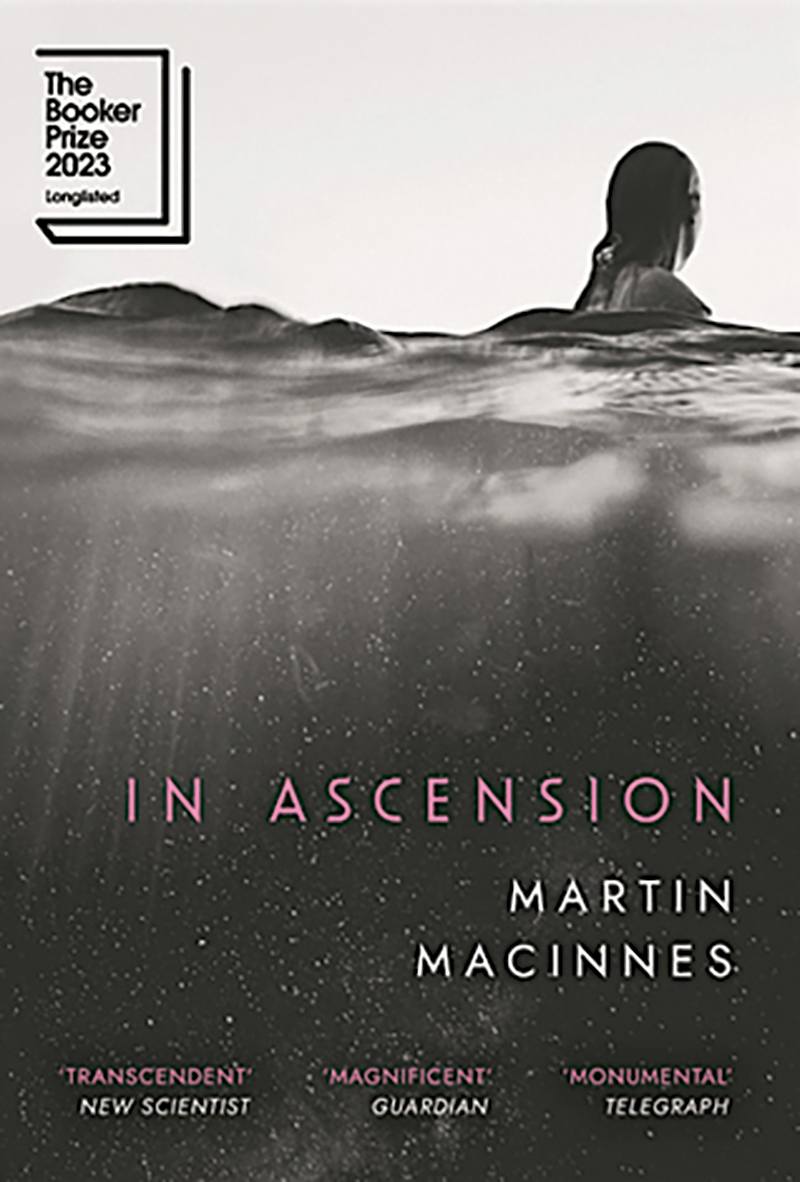This is a dark, audacious dystopia, about a nation made fearful and suspicious by their tyrannical government’s super-surveillance. Lynch was originally interested in writing about Syria, but after six months found it just wasn’t coming together. So he changed the setting to one he knows well; his home country of Ireland. It was the right decision. The story is blood-chilling, but most effective is Lynch’s lyrical style. It seems almost ponderous at first, but quickly casts a mesmeric spell so that the reader feels slowly, unnervingly hypnotised.
Jane Graham is The Big Issue books editor
The Big Issue critics’ best books of the year 2023
Doug Johnstone
I want to give a shout out to two books that gave me a new perspective. Orbital by Samantha Harvey (Jonathan Cape, £14.99) is a short novella set on the International Space Station with a weird, cumulative power that makes it feel like a fever dream. The author has described it as “space pastoral”, and it feels like a love letter to Earth, or a prose poem about every facet of existence. The six astronauts on the space station witness 16 sunrises over the course of a single day, and the end result is an effortlessly awe-inspiring elegy. And similarly mind-expanding was Ed Yong’s An Immense World (Vintage, £10.99), a non-fiction foray into the extraordinary worlds of animal senses. With enthusiasm and precision, Yong reveals how restrictive human senses are compared to the cornucopia of unfathomable animal experiences, from magnetic fields to electric shocks, from sonar to pain. Sensational stuff.
Barry Pierce
I was only a couple of pages into A.K. Blakemore’s The Glutton (Granta, £14.99) when I realised that I was, undoubtedly, reading the best book of the year. Blakemore’s novel, which is a picaresque tale about a young man in revolutionary France who has the ability to eat everything and anything, is a love letter to abjection. Blakemore revels in the filth and stink of the 18th century as her protagonist, the gluttonous Tarare, ingests rodents and pollutes the air with his presence. Blakemore’s prose is ornate – she has none of her contemporaries’ lust for sparse prose – which rattles against the griminess of the events it describes. Blakemore is, undoubtedly, the star of her generation.
Of course, The Glutton wasn’t the only standout in this strong year for literary releases. If you missed out on Catherine Lacey’s Biography of X (Granta, £18.99), Soula Emmanuel’s Wild Geese (Footnote Press, £15.99), or Teju Cole’s Tremor (Faber, £18.99), add them to your Christmas reading list at once!
Billie Walker
Reading your favourite book early on in the year leaves a bittersweet taste to the discovery. You realise soon after that you will spend your days trying to get back what you had. When the book is as delightfully devious as Bret Easton Ellis’s The Shards (Swift, £10.99) you may even go as far as hoping an at-home lobotomy could remove the narrative from your mind so you can have the pleasure of reading it fresh once more. The Shards is not a novel you will move on from quickly. In fact, its carefully balanced recipe of murder, cultural asides, and a healthy smattering of yearning will leave you desperate for more. Be prepared to grieve for the mixture of pleasure and terror you once possessed and now struggle to find. I am still desperately seeking similar thrills.
Annie Hayter
My year of reading has been chockful of bangers. Yes, I did accrue embarrassingly large library fines (bless librarians, for the miraculous work they do), but it was worth it for the books below. They have lived in the soft place beside my pillow. Dorothy Tse’s Owlish (Fitzcarraldo, £13.99) and Vehicle by Jen Calleja (Prototype, £12) are world-warping, deliciously radical novels that skewer the creeping horrors of apathy in the face of regimes and dare to dream about islands flying free. The Home Child by Liz Berry (Chatto & Windus, £14.99) made me weep on the night bus. I damn well loved Tanya Tagaq’s Split Tooth (And Other Stories, £14.99) and Safiya Sinclair’s How To Say Babylon (Fourth Estate, £16.99) – books that offer power in the lyrical, chronicling effacement and the possibilities of healing. They confront some of the horrors that children continue to face; what communities endure when people turn away, and when governments do not listen.
Patrick Maxwell
Kate Brigg’s The Long Form (Fitzcarraldo, £12.99)really is a reading experience like no other: a wash of images, intellectual ramblings and moments of great tenderness in the life of a new mother. Fitzcarraldo Editions have garnered a reputation for producing some pretty heavy novels in recent years, but while The Long Form is a very well-read novel about a well-read central character, no prior knowledge is needed to be taken in by the warp and weft of Briggs’ enchanting prose. This is quite a disparate, fissiparous novel, but it somehow works all together, and that’s the best way to read it. It takes patience, but it’s well worth it for the brilliance of the writing and the warmth of this book’s character.
Chris Deerin
I’ve spent most of 2023 reading new and classic science fiction, probably in an attempt to achieve escape velocity from the increasingly grim political world that my day job means I inhabit. Thank you, especially, Martin McInnes, for In Ascension (Atlantic Books, £17.99). Still, the book that has affected me most is entirely earthly in nature. On a better planet, Elizabeth Heichelbech’s Chopin in Kentucky (Bluemoose Books, £9.99) would be a massive hit and would have won a bunch of awards. It tells the tragi-comic story of little Marie Higginbotham and her dysfunctional family (as well as her truculent, invisible, long-dead composer friend), and is a masterpiece of joy, screaming wit and at times devastating sadness. Well done to the brilliant Bluemoose Books for publishing it.
To buy the best books of 2023 from The Big Issue Shop at Bookshop.org, click on the book cover or title to help support The Big Issue and independent bookshops.
This article is taken from The Big Issue magazine, which exists to give homeless, long-term unemployed and marginalised people the opportunity to earn an income.
To support our work buy a copy! If you cannot reach your local vendor, you can still click HERE to subscribe to The Big Issue today or give a gift subscription to a friend or family member. You can also purchase one-off issues from The Big Issue Shop or The Big Issue app, available now from the App Store or Google Play.
